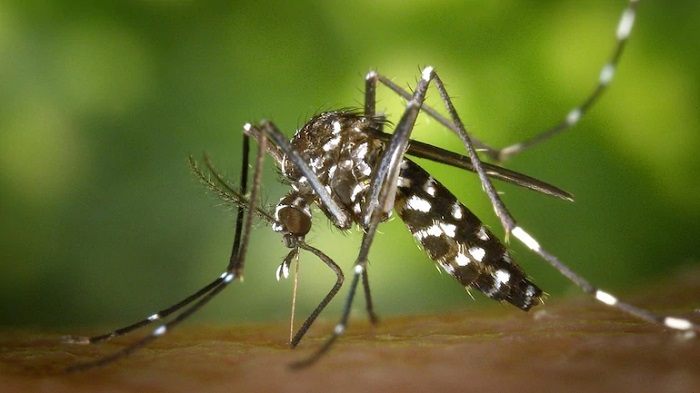
The National Dengue Control Unit warns that the current flood situation in Sri Lanka could potentially escalate the dengue outbreak to an epidemic level.
The director of the Unit Dr. Sudath Samaraweera emphasized that the Ministry of Health alone cannot effectively control the spread of dengue and requires full public support.
Following are three updates on the dengue disease in Sri Lanka;
- Current statistics on dengue cases –
Sri Lanka has recorded a total of 25,417 dengue cases and nine dengue-related deaths so far in 2024. The cases are from the Colombo, Gampaha, Kalutara, Ratnapura, Kandy, Kegalle, and Kurunegala districts.
The number of reported cases surged to over 10,000 in January 2024. This figure gradually declined, with only 2234 cases reported by April. However, the number of reported cases increased to 2647 in May.
- Medical advice –
Individuals experiencing symptoms such as high fever, abdominal pain, vomiting, severe headache, and diarrhoea should consider the possibility of having contracted dengue disease, while it is crucial to prioritize physical rest.
If symptoms persist for more than two days, it is recommended to undergo a Full Blood Count and seek medical advice from a government hospital.
It is advisable to refrain from taking painkillers or other medications, except for ‘paracetamol’, as using other medications may lead to serious complications. It is essential to ensure adequate hydration by consuming water and liquids such as porridge, ‘Jeevani’, orange and lime.
- Dengue eradication measures-
The most fundamental measure is to eliminate mosquito breeding sites at home, school, or workplace.
Health authorities highlight the importance of dengue control efforts in the Western Province, particularly in light of current rainfall patterns.
According to the mosquito’s life cycle, it takes seven days from the larvae stage to adulthood, thus, regular cleaning of the environment once a week can effectively control the spread of dengue. (Newswire)
